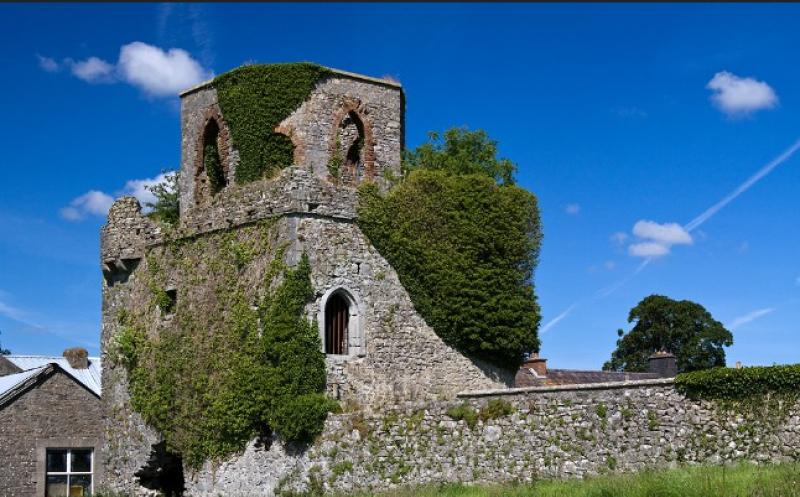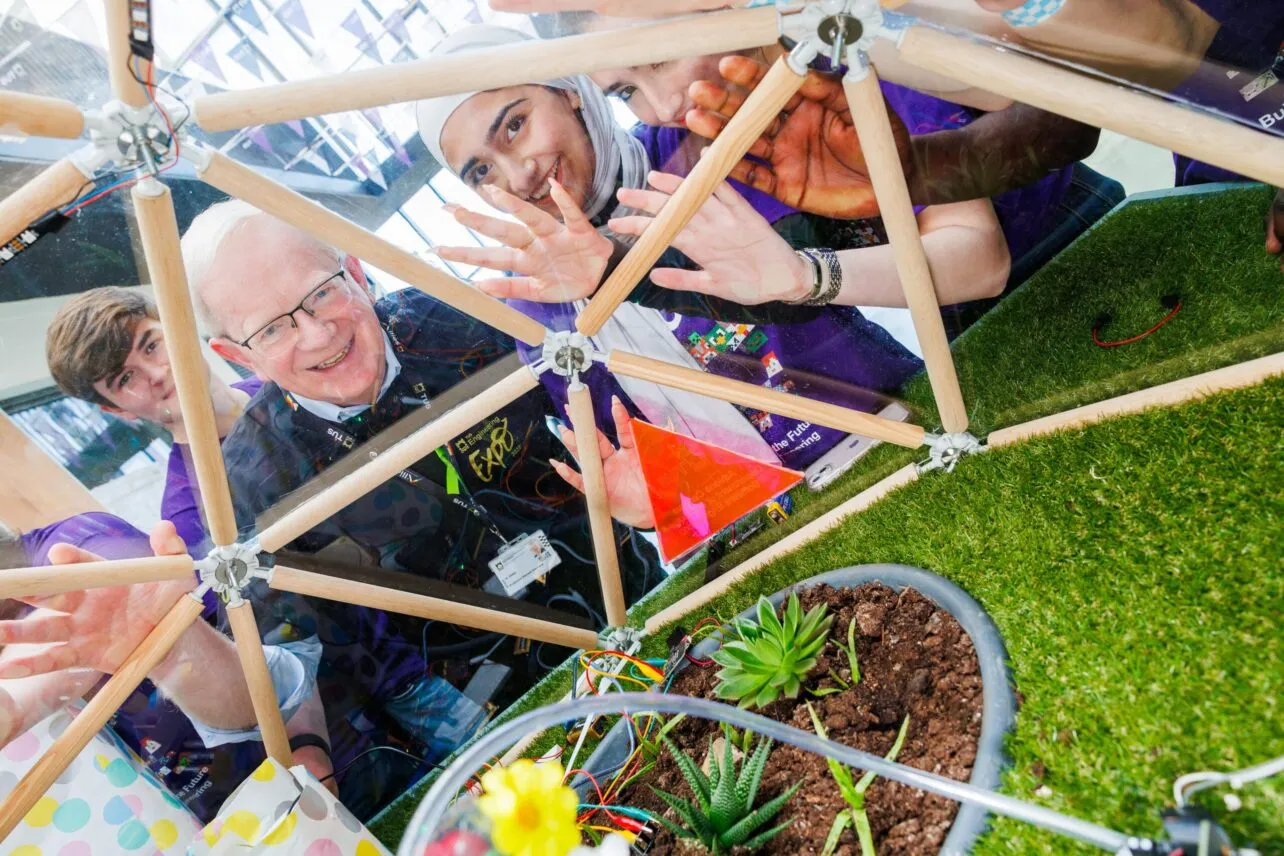European Digital School status has been awarded to 11 secondary schools across the Midlands, as part of a European project from the Erasmus+ programme from European Union in partnership with HP and AMD.
What is The Digital Schools Programme?
The Digital Schools programme works to build a community of digital schools across Europe, aiming to promote and recognise the use of Digital Technology to deliver the best educational experience for pupils at secondary school level across the region.
The programme is focused on strengthening the professional profile of teachers by developing resources and learning experiences that are relevant and focused on enhancing digital education practices.
Schools and teachers who participate in the programme have their practices acknowledged and join the growing community of digital schools in Europe.
European Digital School Awardees
The Midlands Secondary Schools which have achieved European Digital School Award status are:
- Ard Scoil Chiarain Naofa, Clara
- Banagher College, Banagher
- Clonaslee College, Clonaslee
- Colaiste Naomh Cormac, Kilcormac
- Dunamase College, Portlaoise
- Mercy Secondary School, Ballymahon
- Oaklands Community College, Edenderry
- Our Lady’s Bower, Athlone
- Portlaoise College, Portlaoise
- St. Fergals College, Rathdowney
- Tullamore College, Tullamore
STEM programmes across the Midlands
The European Digital Schools programme is one of many ICT initiatives running in schools across the region.
The VEX Robotics programme has been highly successful in Offaly, available across all primary and secondary schools in the county, and expanding across the region. The programme provides students with fundamental skills in coding, robotics and team work, with students from Tubber NS travelling to Texas later this year for the world finals. In Longford, a new programme aims to make the county the first in Ireland to offer Computer Science as a Leaving Certificate subject in all secondary schools in the county.
Midlands Science is an initiative working to create greater interest in STEM [Science, Technology, Engineering & Maths] education and skills among students, teachers and members of the public in the region. This is a key issue for the region’s development. They reach over 16,000 people directly per annum, with their work independently and positively evaluated and found to be impactful, creative and innovative. They make a particular effort in all projects to engage with those from lower socio-economic backgrounds, as they are the least likely to engage with STEM outreach.
Outreach programmes from the ICT Industry in the region are also demonstrating to thousands of students each year the benefits of a career in STEM. Some of the education and outreach programmes include the INFUSE programme from Ericsson at their Software Campus in Athlone, as well as outreach and education programmes from Irish Manufacturing Research at their high-tech Lab in the National Science Park in Mullingar.
For more information, visit the European Digital Schools Programme website.






